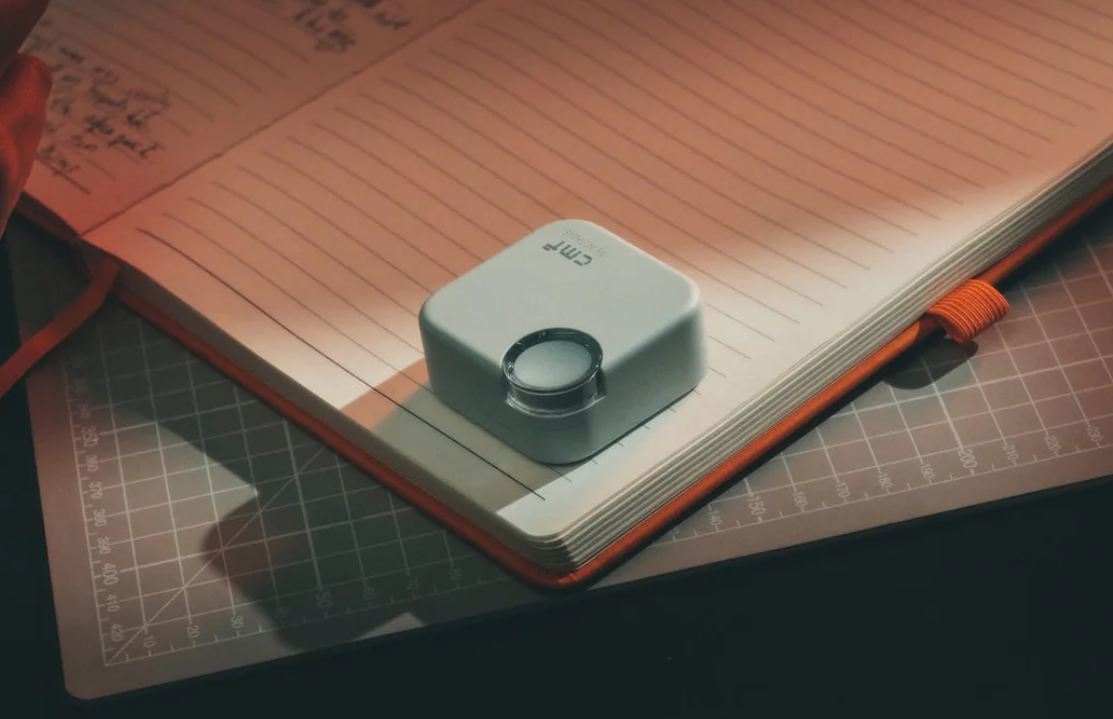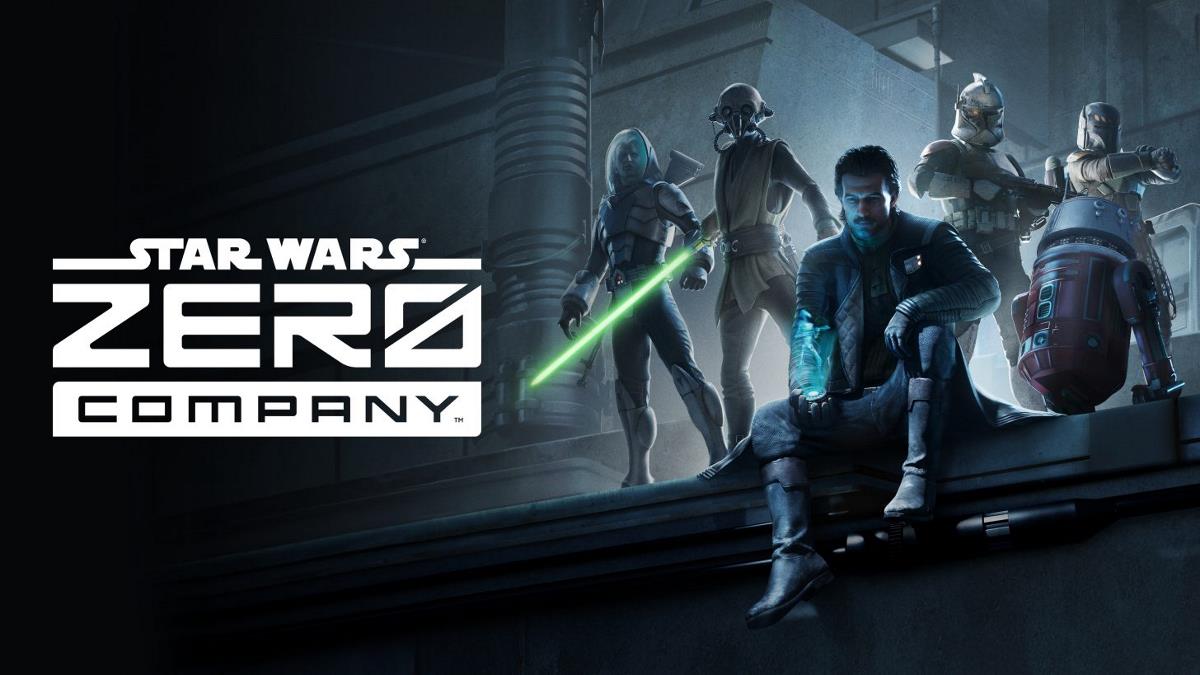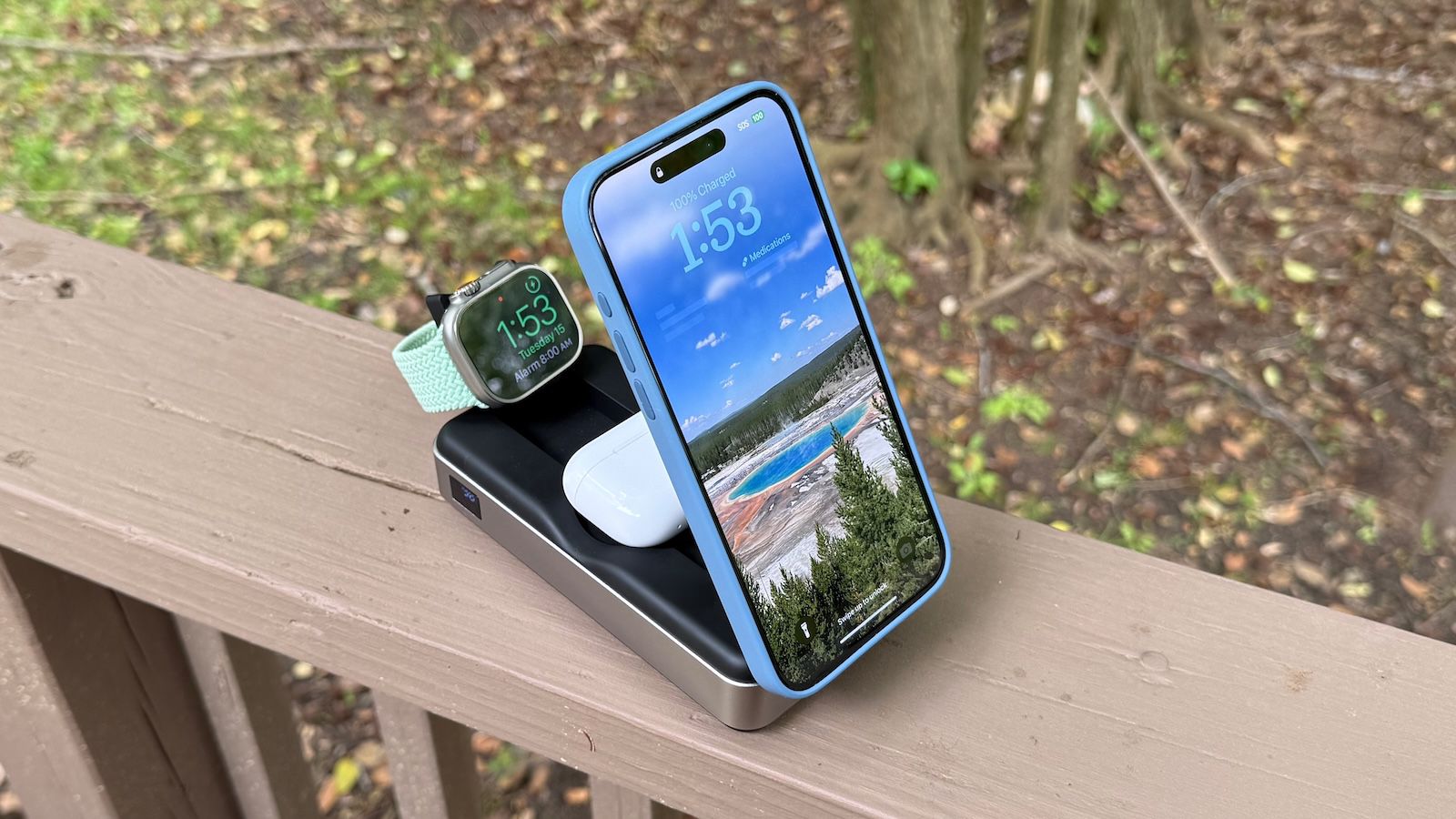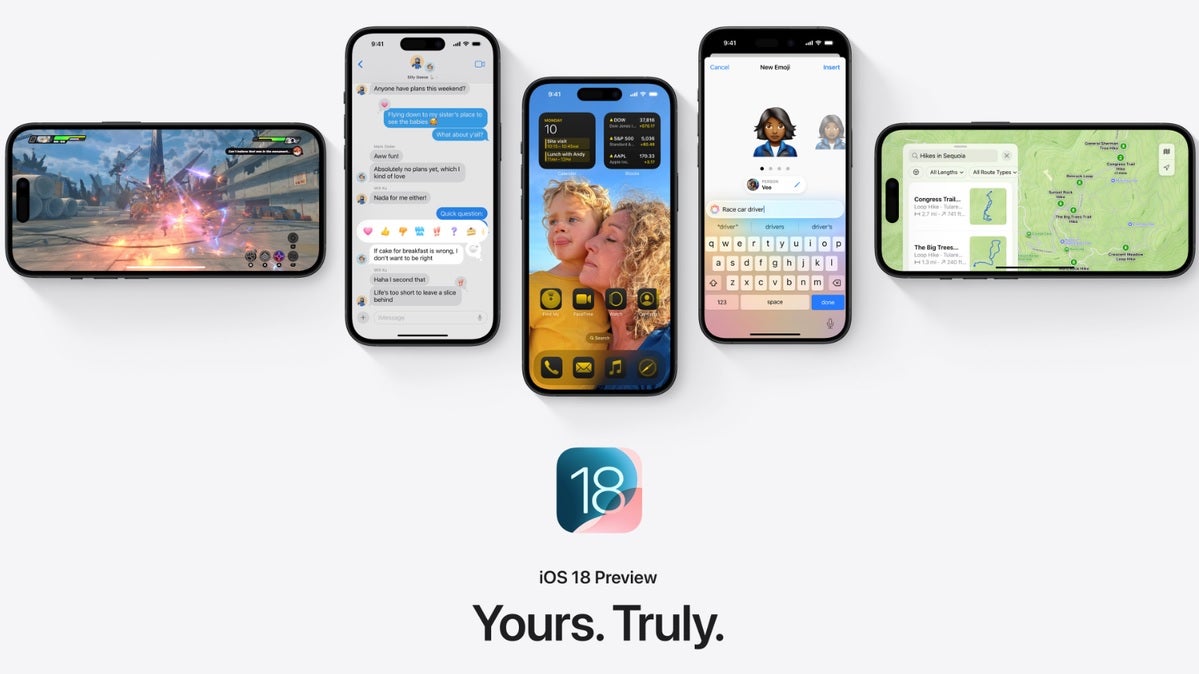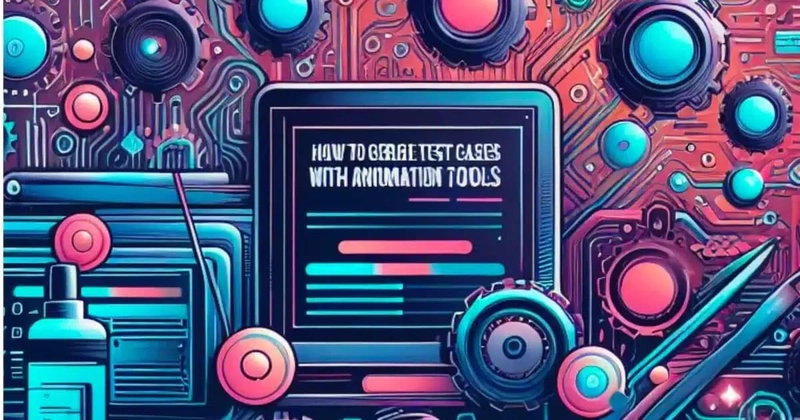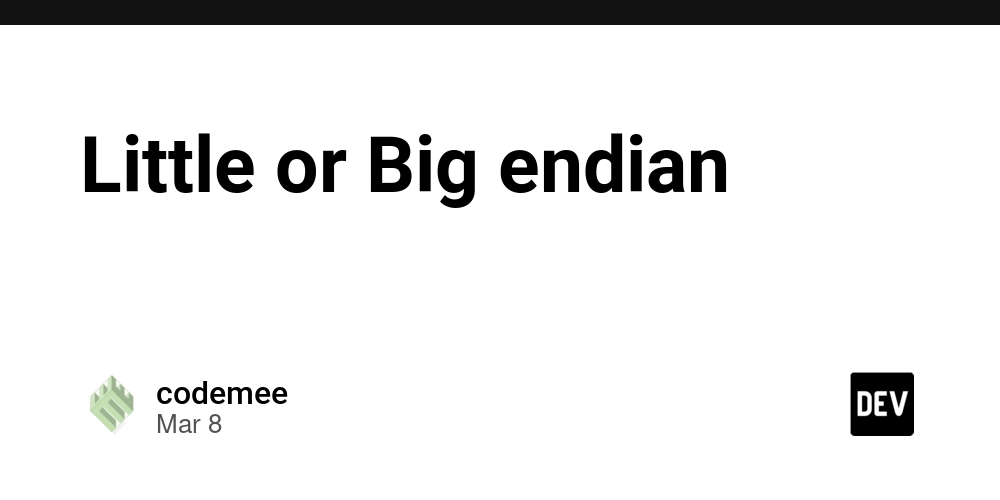He Vanished After I Completed the Website" — Why a Developer Needs a Contract and NDA
"I'll send the payment when you finish the site." Those were the last words from a client I trusted. We exchanged a few emails, had a pair of Zoom calls, and a verbal agreement. I constructed the entire website—custom CMS, mobile optimization, and even threw in some last-minute features at no charge. When the time came for delivery? He disappeared. No word. No payment. No nothing. That experience altered the way I handle every project. As developers—freelancers, contractors, even internal team members—contracts and NDAs aren't mere optional paperwork. They're your lifeline. Let's dissect exactly why and how to protect yourself and your work, with tangible tips you can start using today. Why Contracts Are Necessary in Web Development Whether you're developing a personal brand website or constructing out a complete SaaS platform, contracts establish legal protection and professional boundaries. Without one, your client can alter the scope, withhold payments, or disappear altogether. A good contract should include: Scope of Work: Define exactly what you’re building (and what you’re not). Timeline: Break down deadlines and milestones. Payment Terms: How much, when, and how it’s paid. Include late fee policies. Revision Policy: How many edits are included before extra fees apply. Termination Clause: What happens if either party pulls out midway. Intellectual Property Ownership: Who owns the final product (more on this below). Pro Tip: Use tools like Bonsai, AND.CO, or even legal website templates—but customize for your project. The Purpose of NDAs (Non-Disclosure Agreements) What if a client shares their next "billion-dollar startup idea" with you and you need to keep it a secret—but there's no NDA? What if the idea leaks out? What if they blame you? NDAs are crucial when: You are working with startups or early-stage ideas You are accessing private APIs or proprietary databases You are developing unreleased features or products NDAs protect BOTH of you. They build trust and offer legal recourse in the event of a breach of confidentiality. Common Mistakes Developers Make (and How to Fix Them) Starting work without a contract You might be eager to secure the client, but engaging without a mutually signed agreement is risky. Oral agreements only A "yes" over the phone means nothing when there is money involved. Using vague terminology Be specific. "Build a website" is too general. Say "Design and build a 5-page responsive WordPress site." Leaving out legal review Templates and tools help—but having your contract reviewed once by an attorney can save you years of misery. How to Show Contracts Without Scaring Off Clients Worried you'll seem "too formal" or scare off prospects? Try the following: "To protect both of us and keep things simple, I use a standard agreement that defines the scope of the project, timelines, and payment. It keeps everything professional and hassle-free." Most legitimate clients will appreciate your professionalism. Your Developer Checklist: Contracts + NDAs Before you write one line of code: Signed Contract Clearly defined Scope and Timeline Agreed-upon Payment Milestones Confidentiality via NDA (where necessary) Agreement on IP Ownership and Delivery Terms Final Thoughts: Code Is Valuable. Protect It. That client I told you about? I never did see that money again. But I did gain something better: a mindset shift. Every project now starts with structure, clarity, and professionalism—and my clients respect me more because of it. If you're a developer—freelance or full-time—don't wait to learn the hard way. Protect your time, your energy, and your work. Have you ever coded without a contract and wished you hadn't? What's your favorite tip for protecting yourself as a developer? Let's discuss in the comments.

"I'll send the payment when you finish the site."
Those were the last words from a client I trusted.
We exchanged a few emails, had a pair of Zoom calls, and a verbal agreement. I constructed the entire website—custom CMS, mobile optimization, and even threw in some last-minute features at no charge.
When the time came for delivery?
He disappeared. No word. No payment. No nothing.
That experience altered the way I handle every project.
As developers—freelancers, contractors, even internal team members—contracts and NDAs aren't mere optional paperwork. They're your lifeline.
Let's dissect exactly why and how to protect yourself and your work, with tangible tips you can start using today.
Why Contracts Are Necessary in Web Development
Whether you're developing a personal brand website or constructing out a complete SaaS platform, contracts establish legal protection and professional boundaries. Without one, your client can alter the scope, withhold payments, or disappear altogether.
A good contract should include:
Scope of Work: Define exactly what you’re building (and what you’re not).
Timeline: Break down deadlines and milestones.
Payment Terms: How much, when, and how it’s paid. Include late fee policies.
Revision Policy: How many edits are included before extra fees apply.
Termination Clause: What happens if either party pulls out midway.
Intellectual Property Ownership: Who owns the final product (more on this below).
Pro Tip: Use tools like Bonsai, AND.CO, or even legal website templates—but customize for your project.
The Purpose of NDAs (Non-Disclosure Agreements)
What if a client shares their next "billion-dollar startup idea" with you and you need to keep it a secret—but there's no NDA? What if the idea leaks out? What if they blame you?
NDAs are crucial when:
You are working with startups or early-stage ideas
You are accessing private APIs or proprietary databases
You are developing unreleased features or products
NDAs protect BOTH of you. They build trust and offer legal recourse in the event of a breach of confidentiality.
Common Mistakes Developers Make (and How to Fix Them)
Starting work without a contract
You might be eager to secure the client, but engaging without a mutually signed agreement is risky.
Oral agreements only
A "yes" over the phone means nothing when there is money involved.
Using vague terminology
Be specific. "Build a website" is too general. Say "Design and build a 5-page responsive WordPress site."
Leaving out legal review
Templates and tools help—but having your contract reviewed once by an attorney can save you years of misery.
How to Show Contracts Without Scaring Off Clients
Worried you'll seem "too formal" or scare off prospects?
Try the following:
"To protect both of us and keep things simple, I use a standard agreement that defines the scope of the project, timelines, and payment. It keeps everything professional and hassle-free."
Most legitimate clients will appreciate your professionalism.
Your Developer Checklist: Contracts + NDAs
Before you write one line of code:
Signed Contract
Clearly defined Scope and Timeline
Agreed-upon Payment Milestones
Confidentiality via NDA (where necessary)
Agreement on IP Ownership and Delivery Terms
Final Thoughts: Code Is Valuable. Protect It.
That client I told you about? I never did see that money again. But I did gain something better: a mindset shift.
Every project now starts with structure, clarity, and professionalism—and my clients respect me more because of it.
If you're a developer—freelance or full-time—don't wait to learn the hard way. Protect your time, your energy, and your work.
Have you ever coded without a contract and wished you hadn't? What's your favorite tip for protecting yourself as a developer?
Let's discuss in the comments.


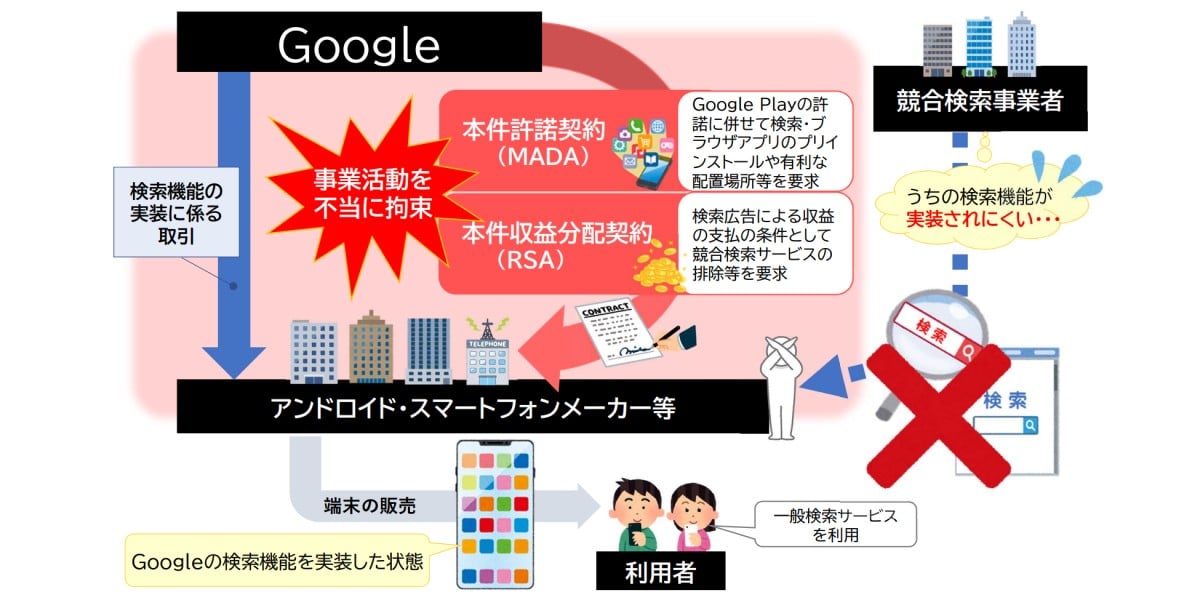















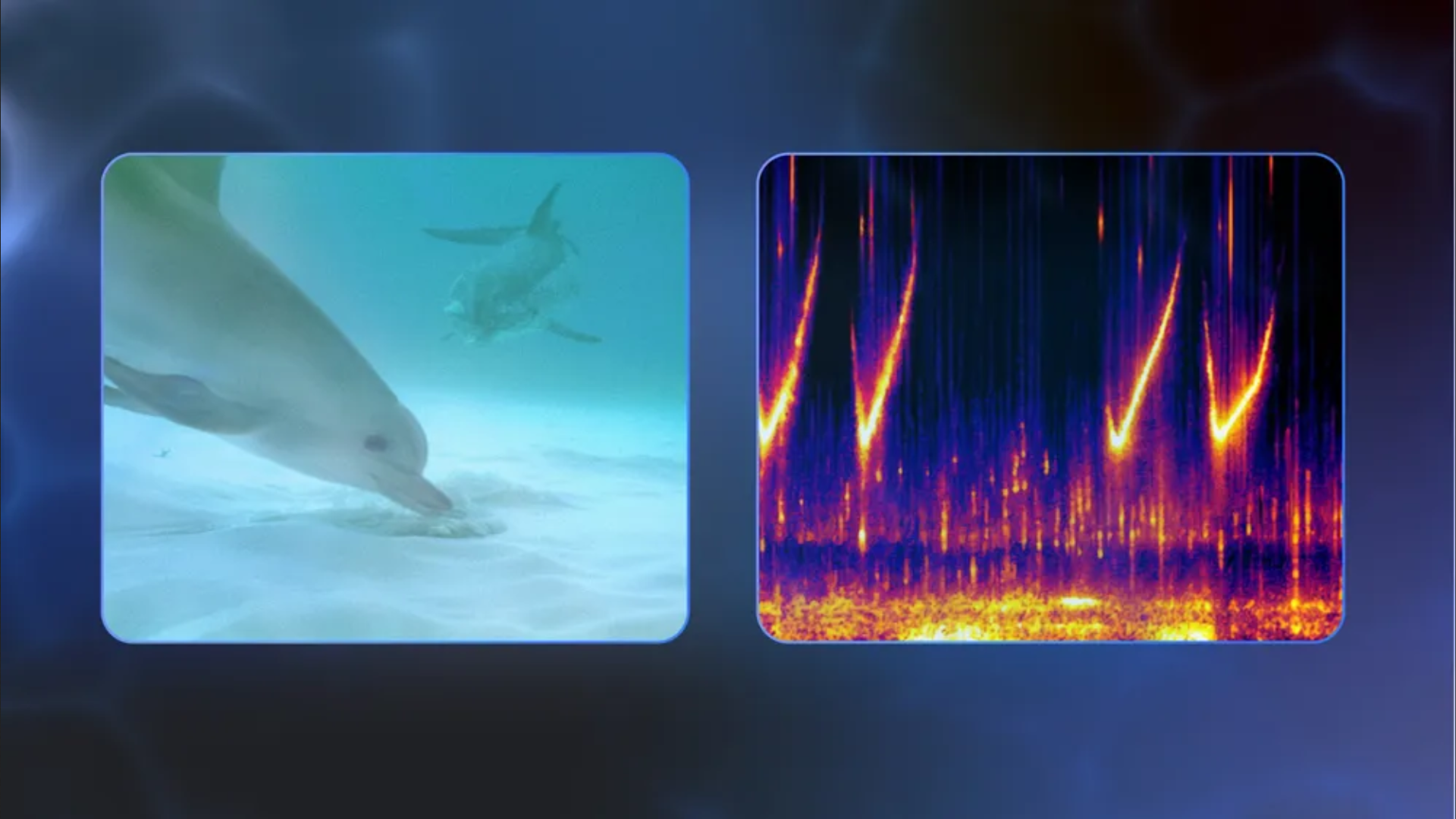
























































































































































![[The AI Show Episode 144]: ChatGPT’s New Memory, Shopify CEO’s Leaked “AI First” Memo, Google Cloud Next Releases, o3 and o4-mini Coming Soon & Llama 4’s Rocky Launch](https://www.marketingaiinstitute.com/hubfs/ep%20144%20cover.png)














































































































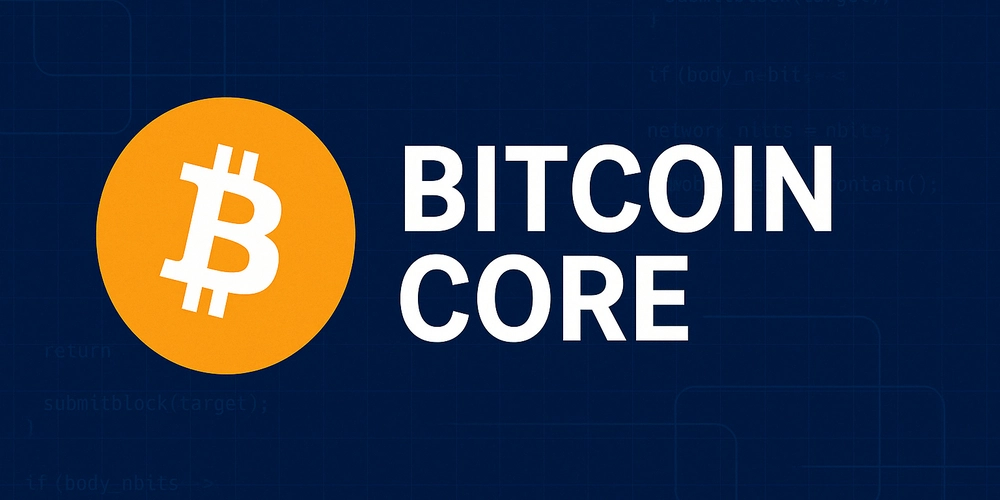

















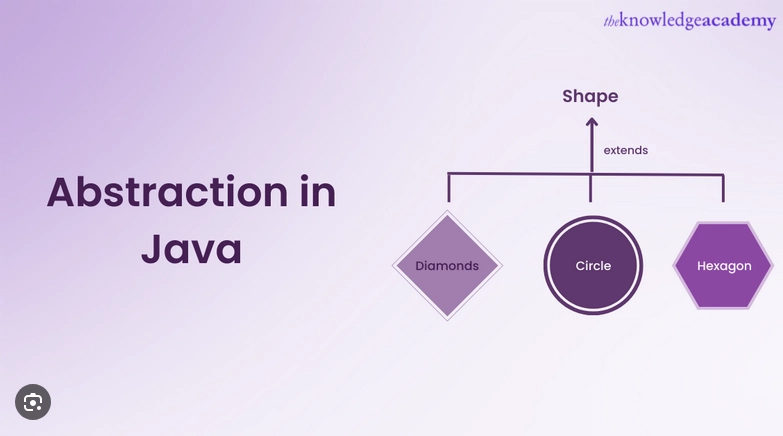














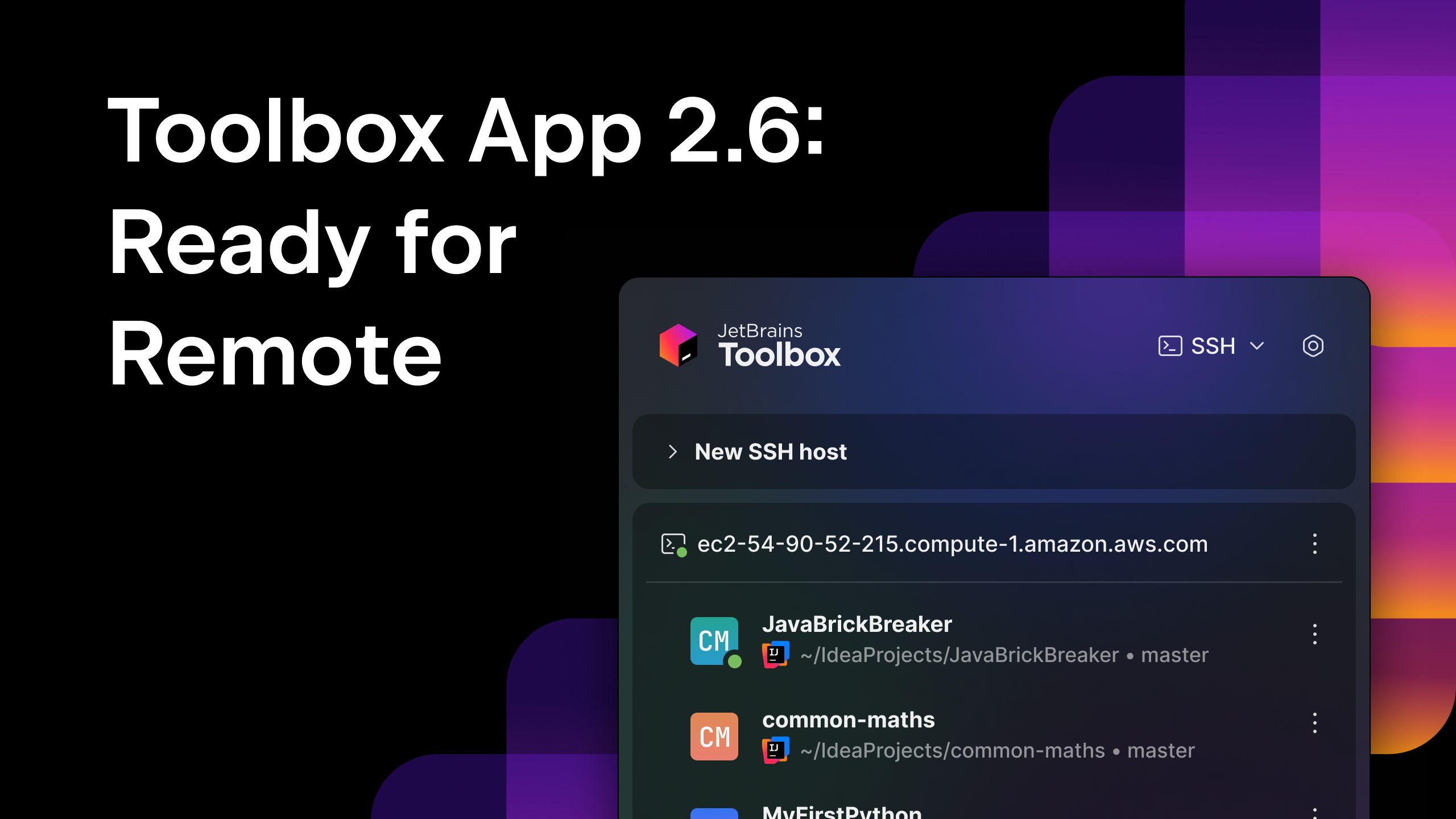




















































![Blue Archive tier list [April 2025]](https://media.pocketgamer.com/artwork/na-33404-1636469504/blue-archive-screenshot-2.jpg?#)

































.png?#)









-Baldur’s-Gate-3-The-Final-Patch---An-Animated-Short-00-03-43.png?width=1920&height=1920&fit=bounds&quality=70&format=jpg&auto=webp#)










![Apple to Split Enterprise and Western Europe Roles as VP Exits [Report]](https://www.iclarified.com/images/news/97032/97032/97032-640.jpg)

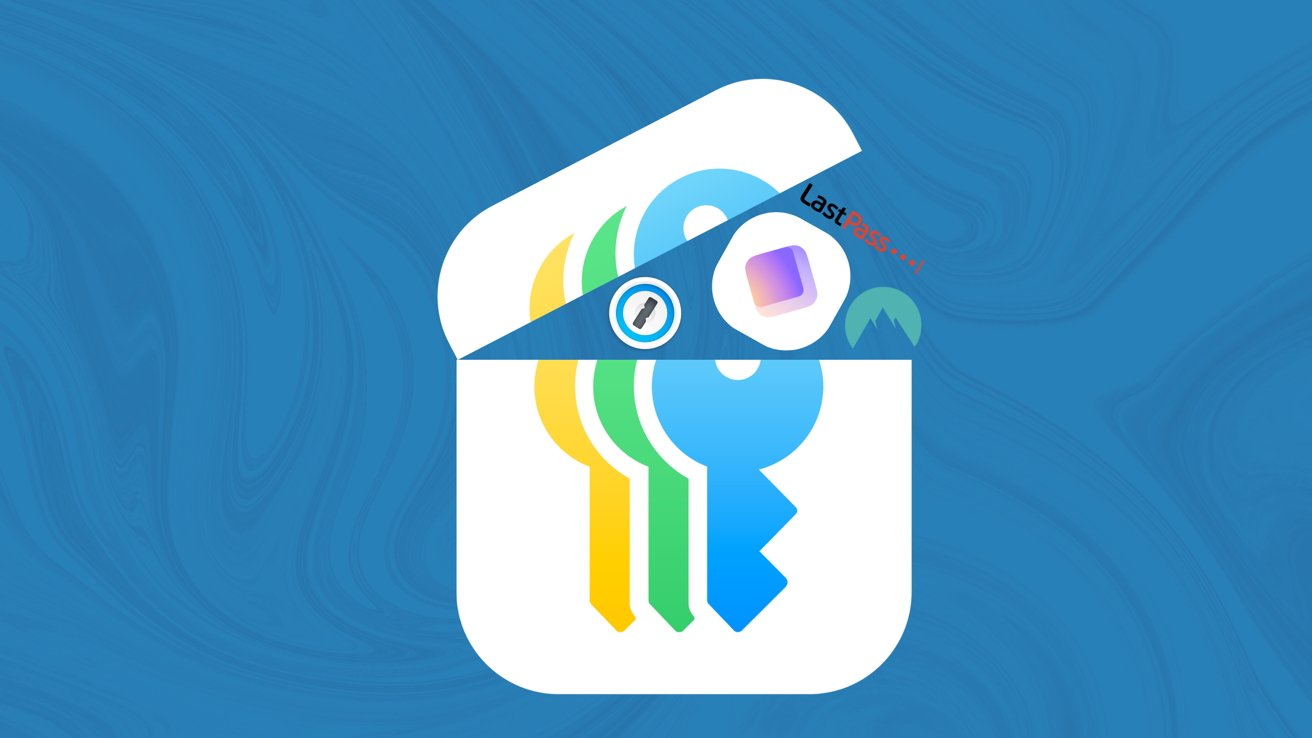











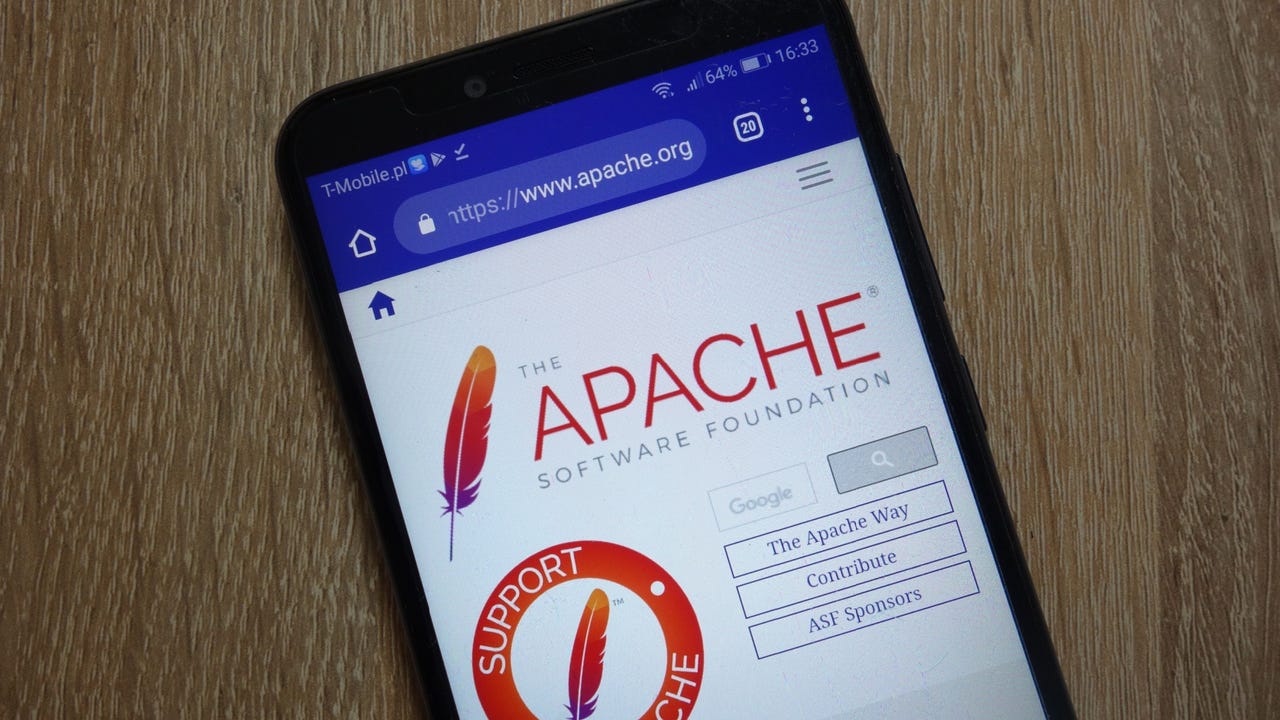
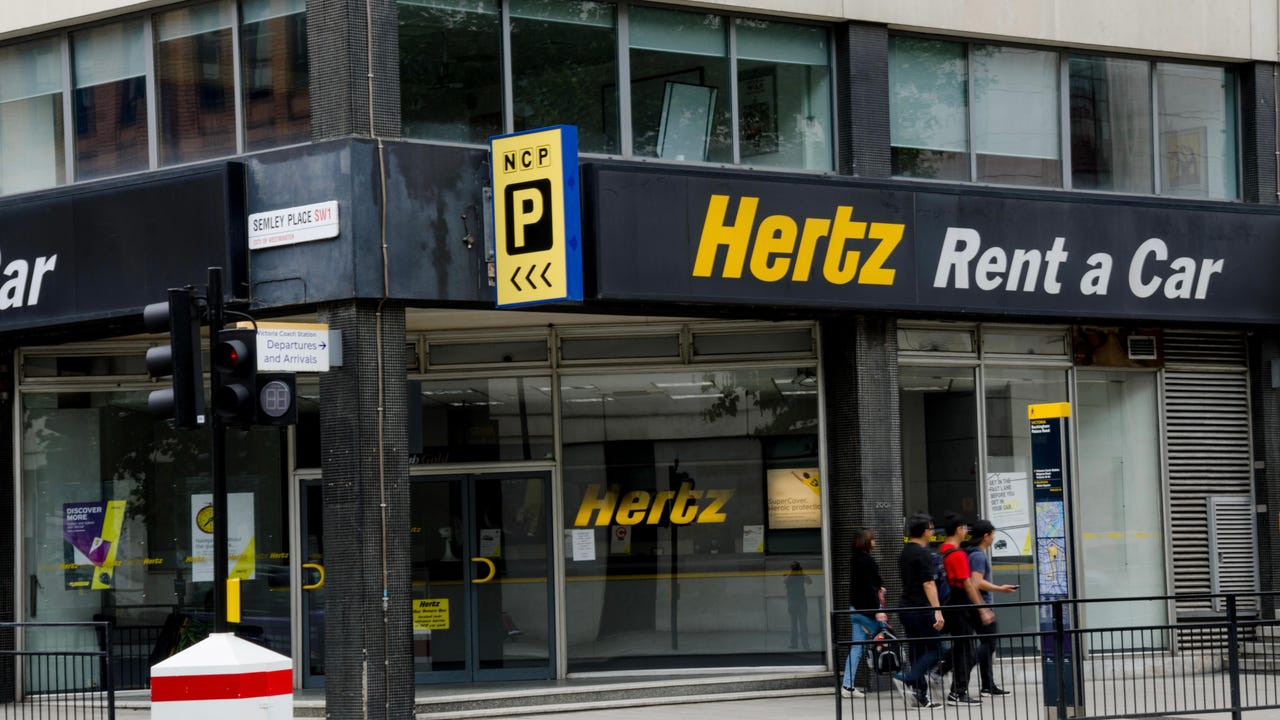




















































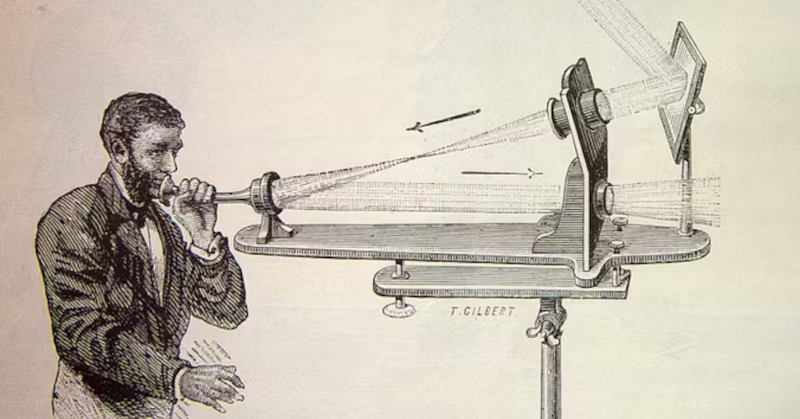
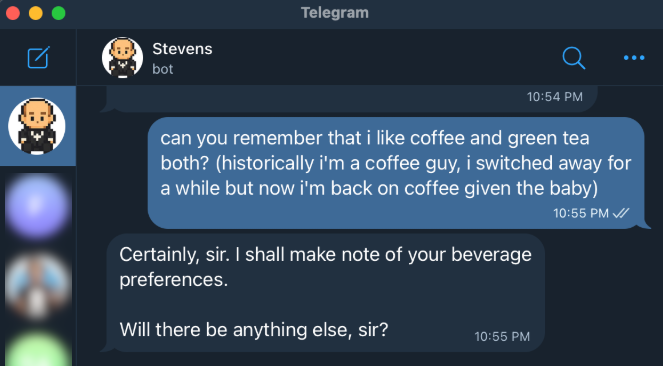

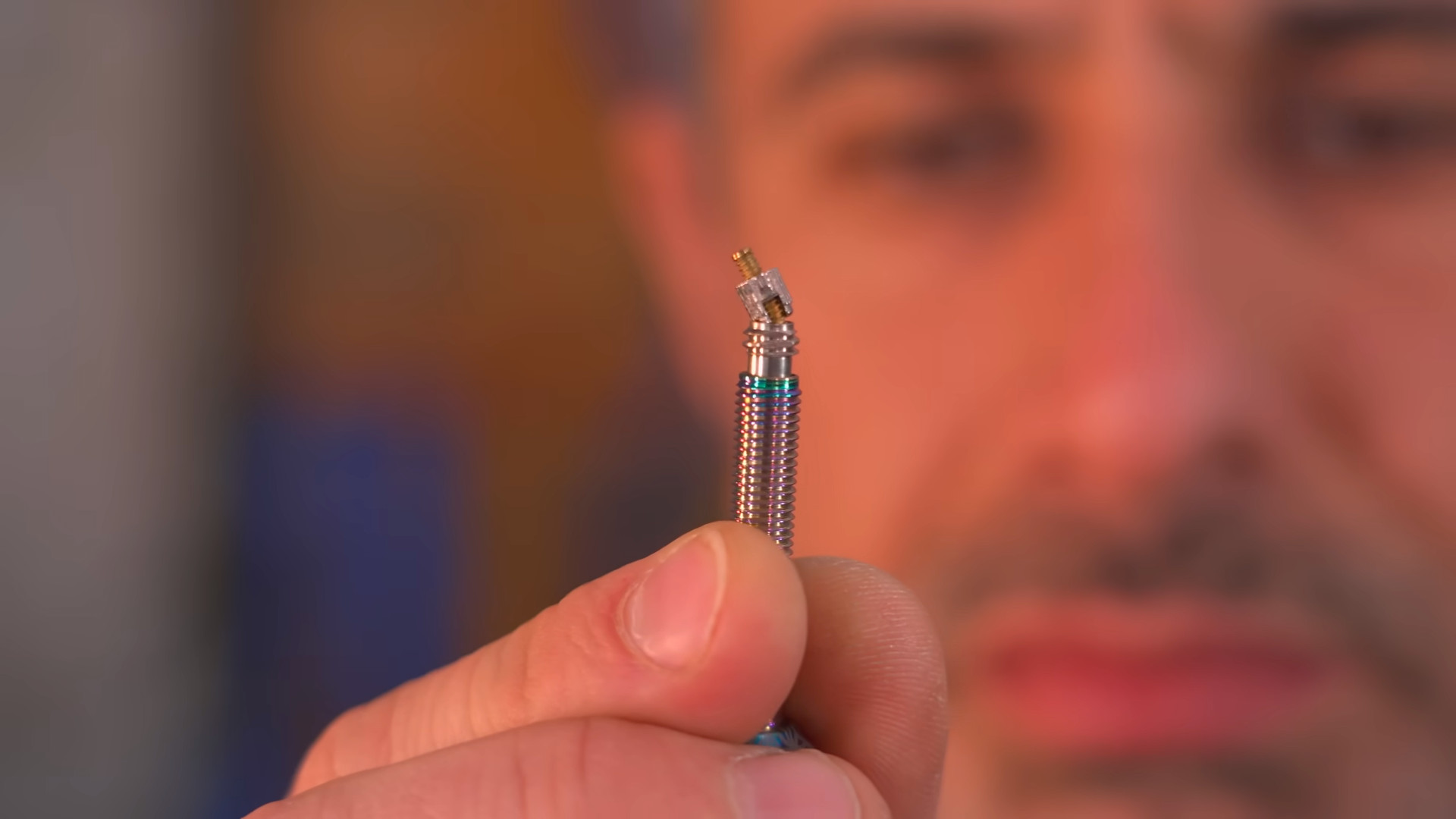






















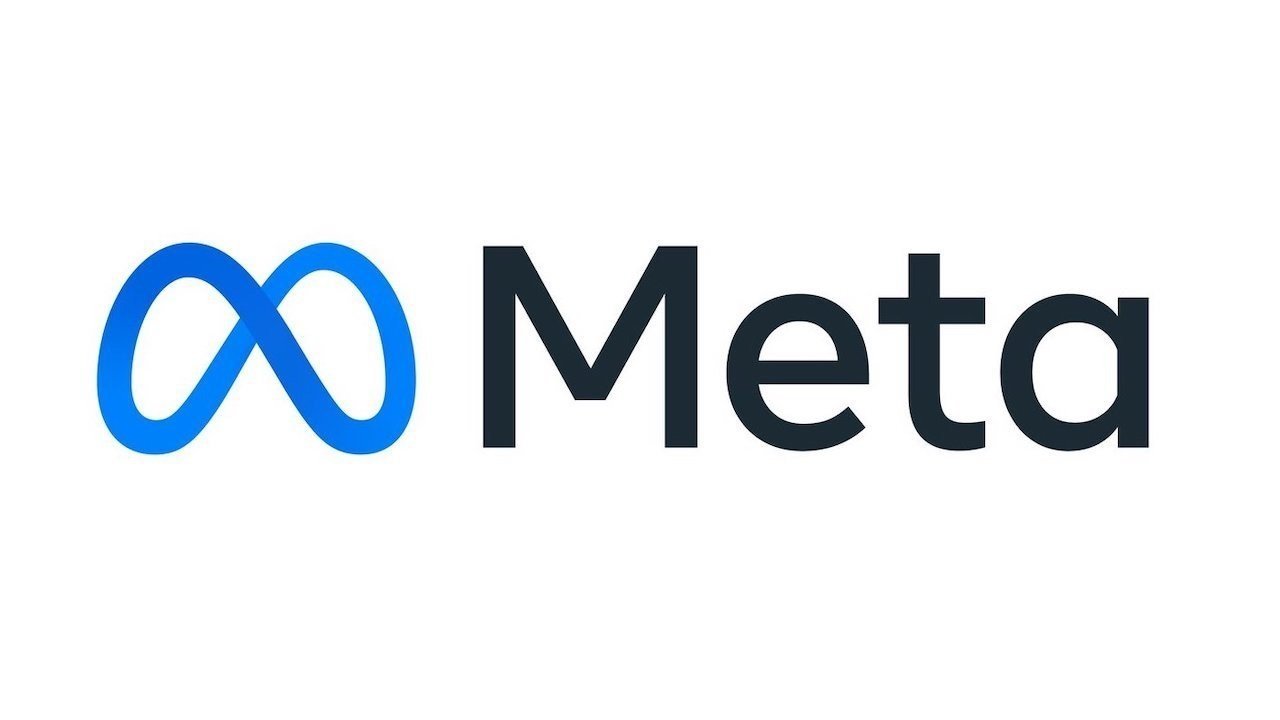





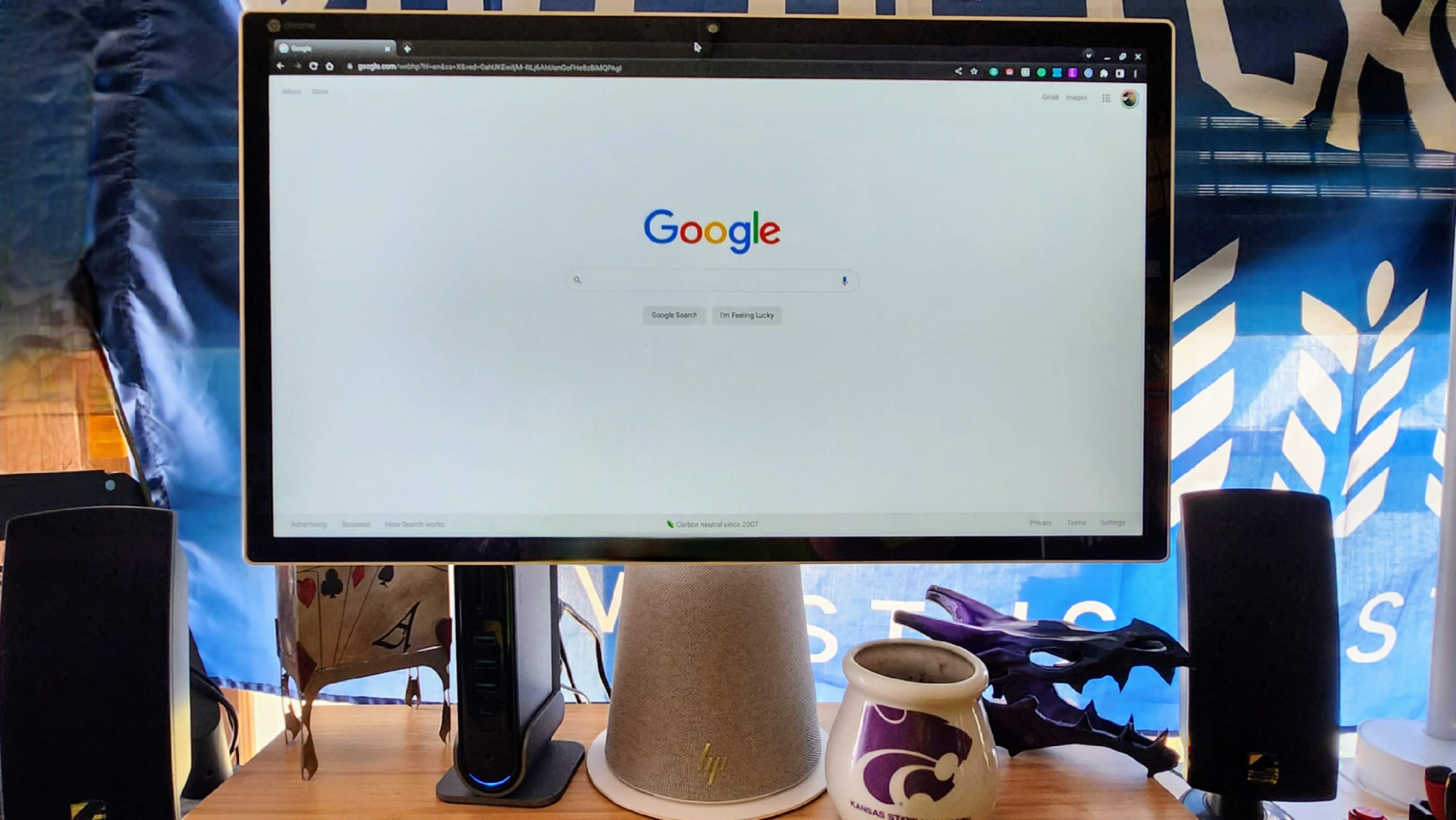




















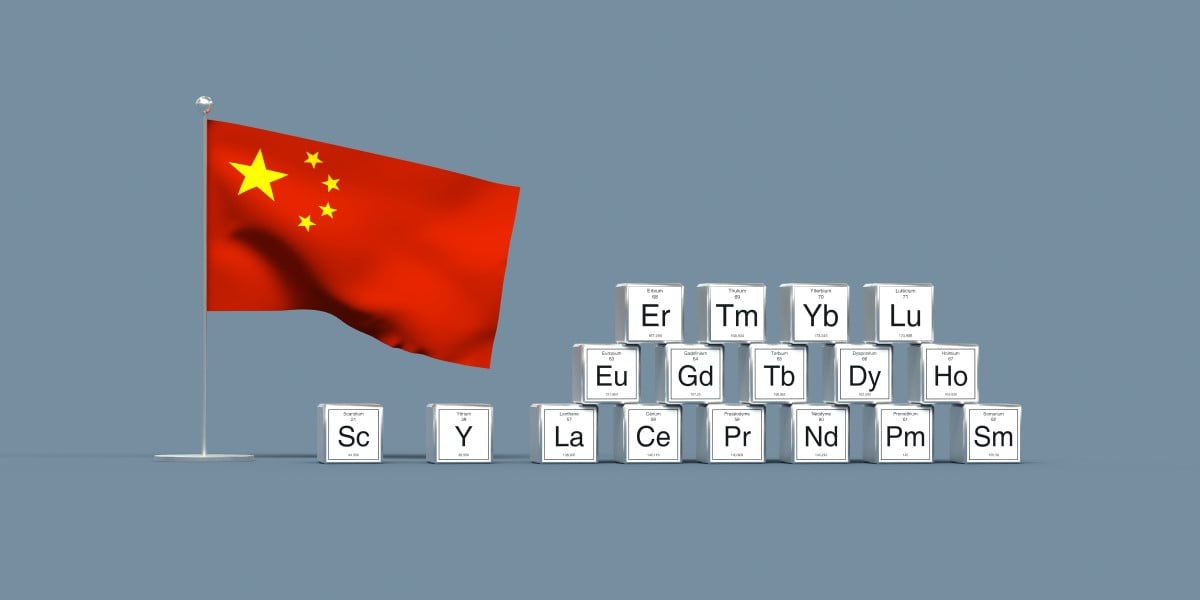

![Nanoleaf Announces New Pegboard Desk Dock With Dual-Sided Lighting [Video]](https://www.iclarified.com/images/news/97030/97030/97030-640.jpg)

![Apple's Foldable iPhone May Cost Between $2100 and $2300 [Rumor]](https://www.iclarified.com/images/news/97028/97028/97028-640.jpg)













